35 GPTs for Literary Education Powered by AI for Free of 2025
AI GPTs for Literary Education are sophisticated tools based on Generative Pre-trained Transformers technology, tailored to support and enhance learning in the field of literature. These AI models are designed to understand and generate human-like text, making them ideal for various tasks such as literary analysis, creative writing assistance, and language learning. By leveraging natural language processing and machine learning, these tools offer personalized and interactive educational experiences, bridging the gap between traditional literary studies and modern technological advancements.
Top 10 GPTs for Literary Education are: Deep Poetry,小说情节设定,한시충,古诗文插画师,Poet GPT,Le Poète,Book Recommender,DIE HAIKU-LIEBHABERIN,Sonetium,俳句採点
Deep Poetry
Enhancing poetry with AI analysis and insights.
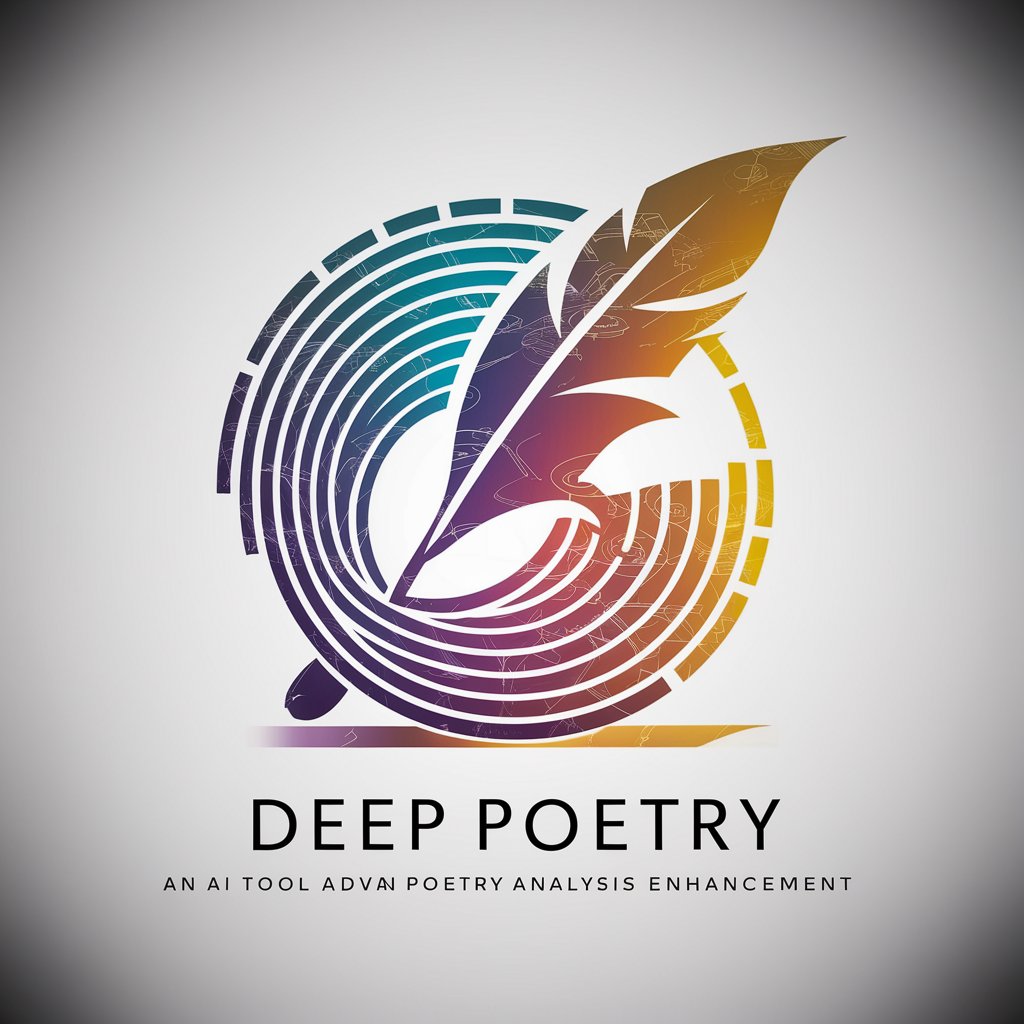
小说情节设定
AI-Driven Chinese Cultural Story Crafting
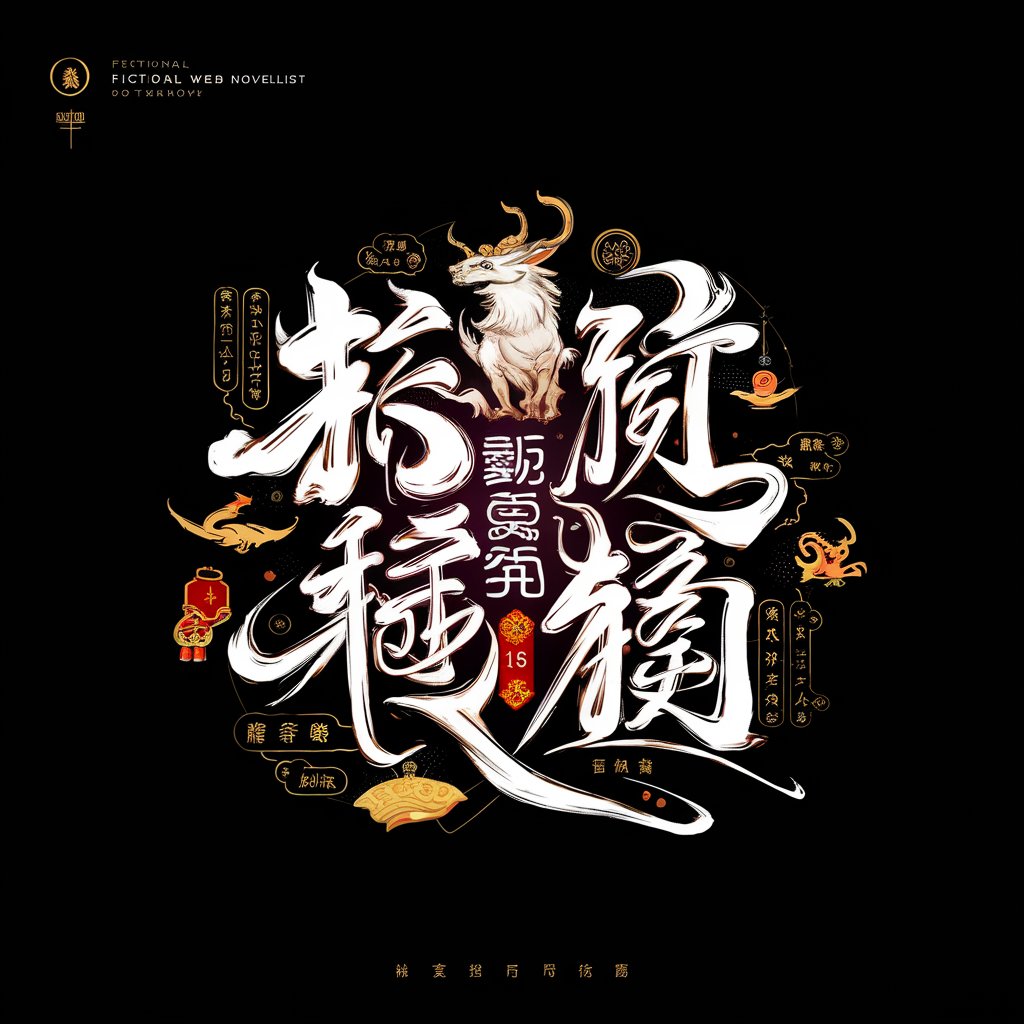
한시충
Reviving the art of classical poetry with AI.
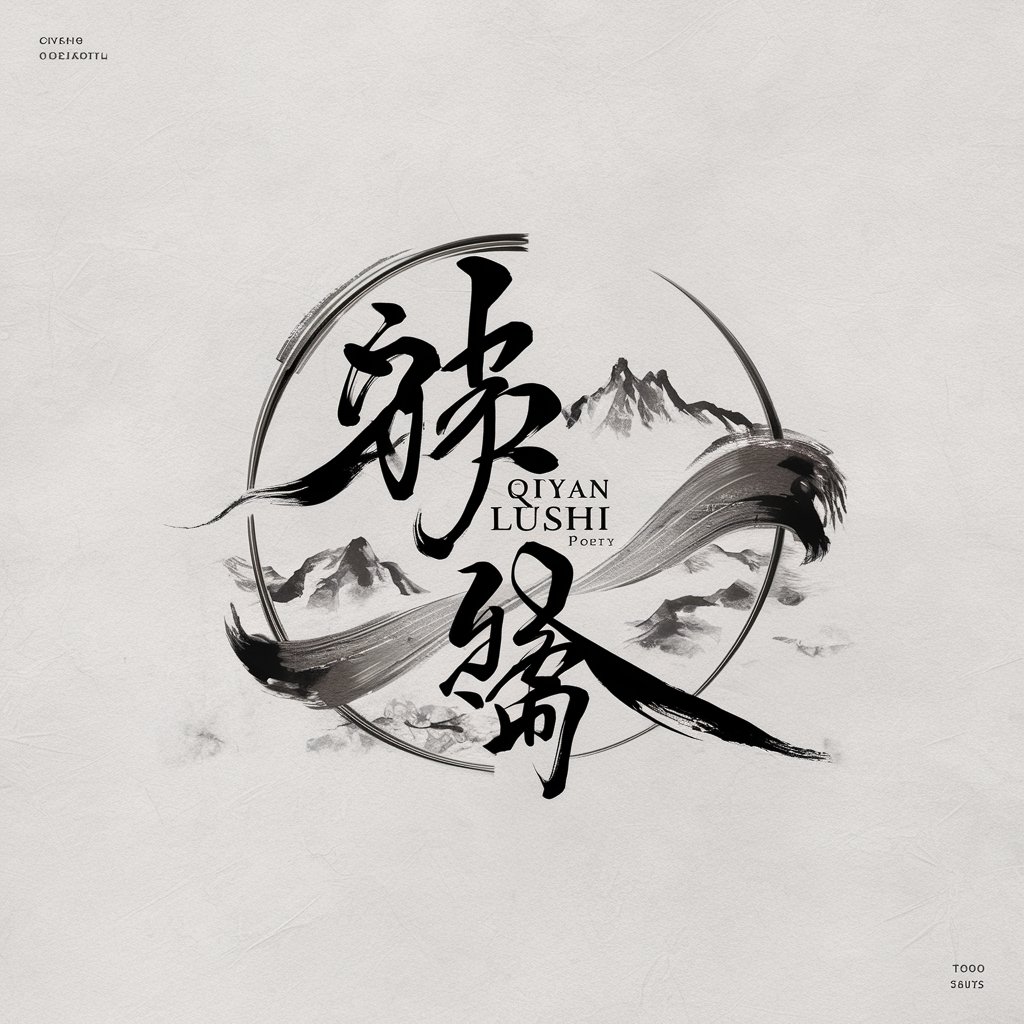
古诗文插画师
Bringing Poetry to Life with AI
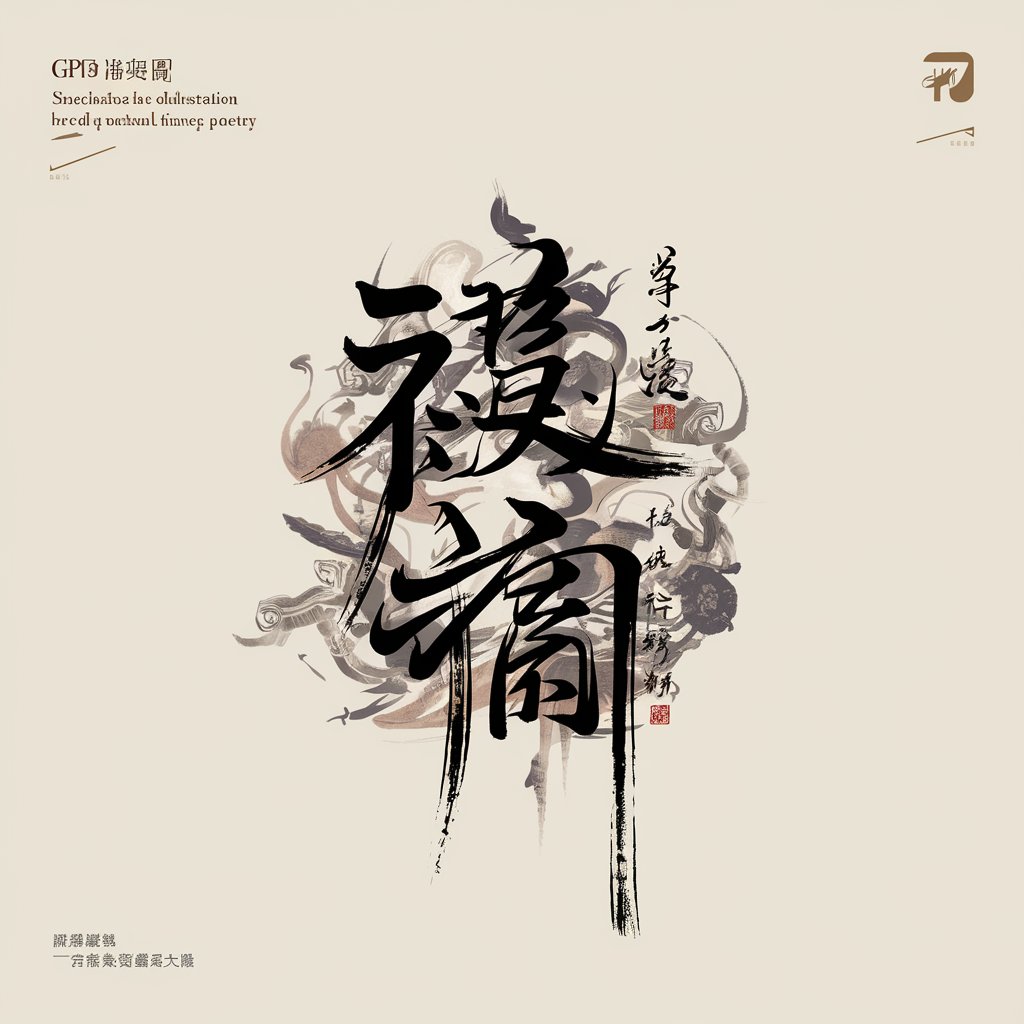
Poet GPT
Your Digital Muse for Artful Verses
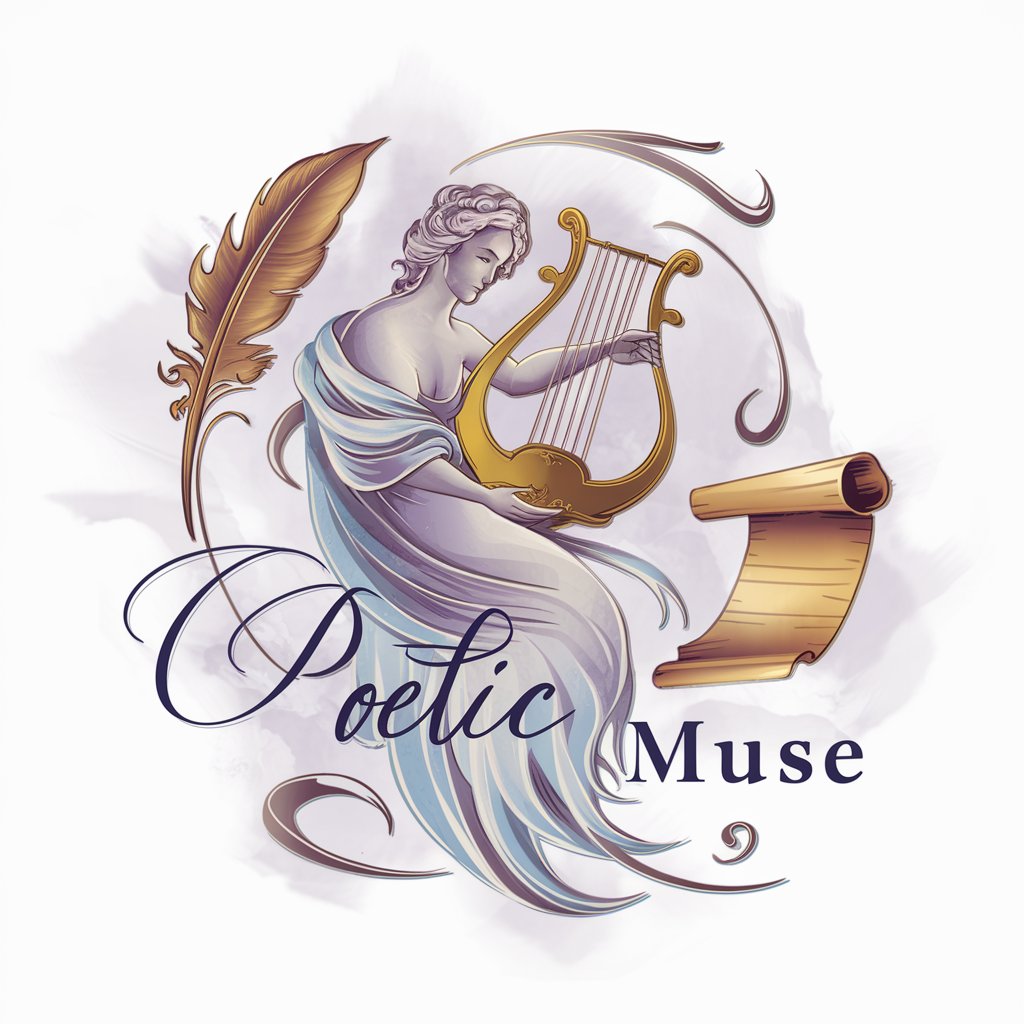
Le Poète
AI-Powered Poetry Generation
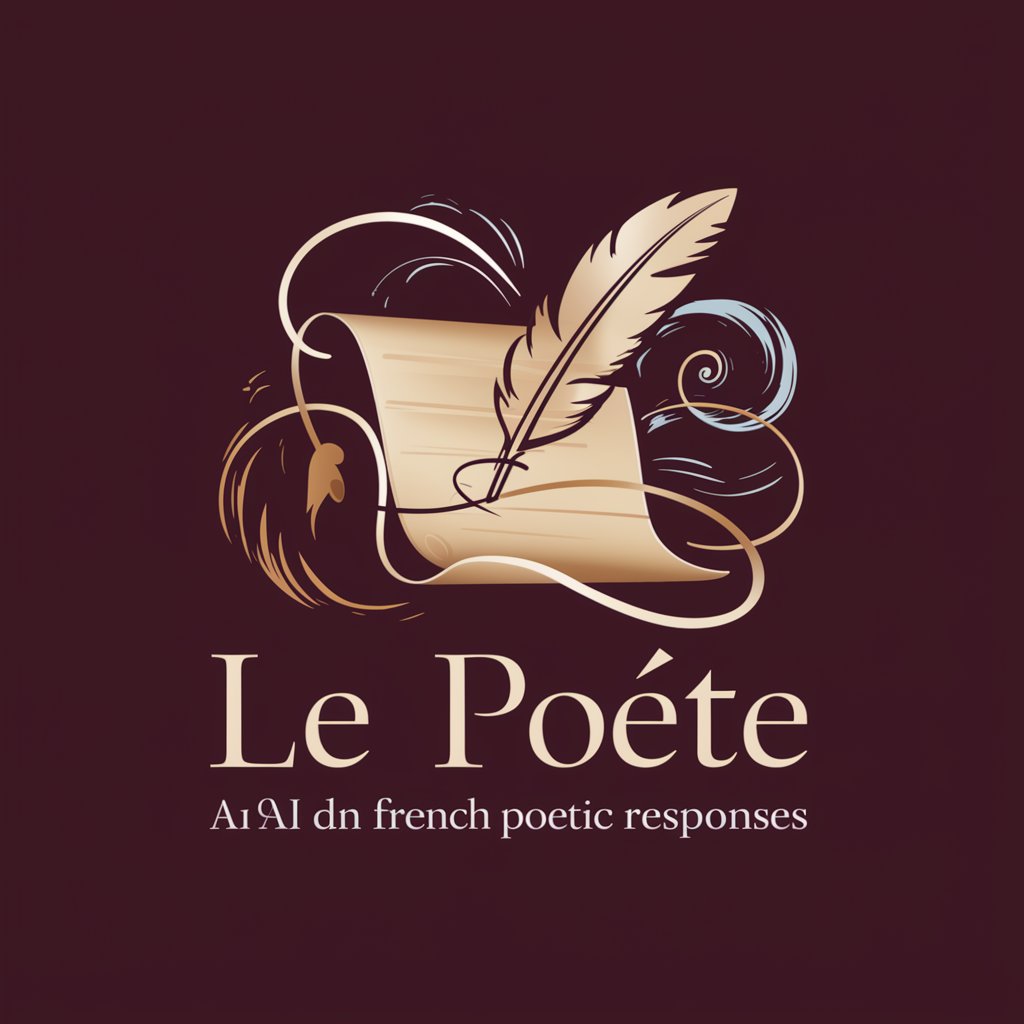
Book Recommender
Discover Your Next Read with AI-Powered Guidance
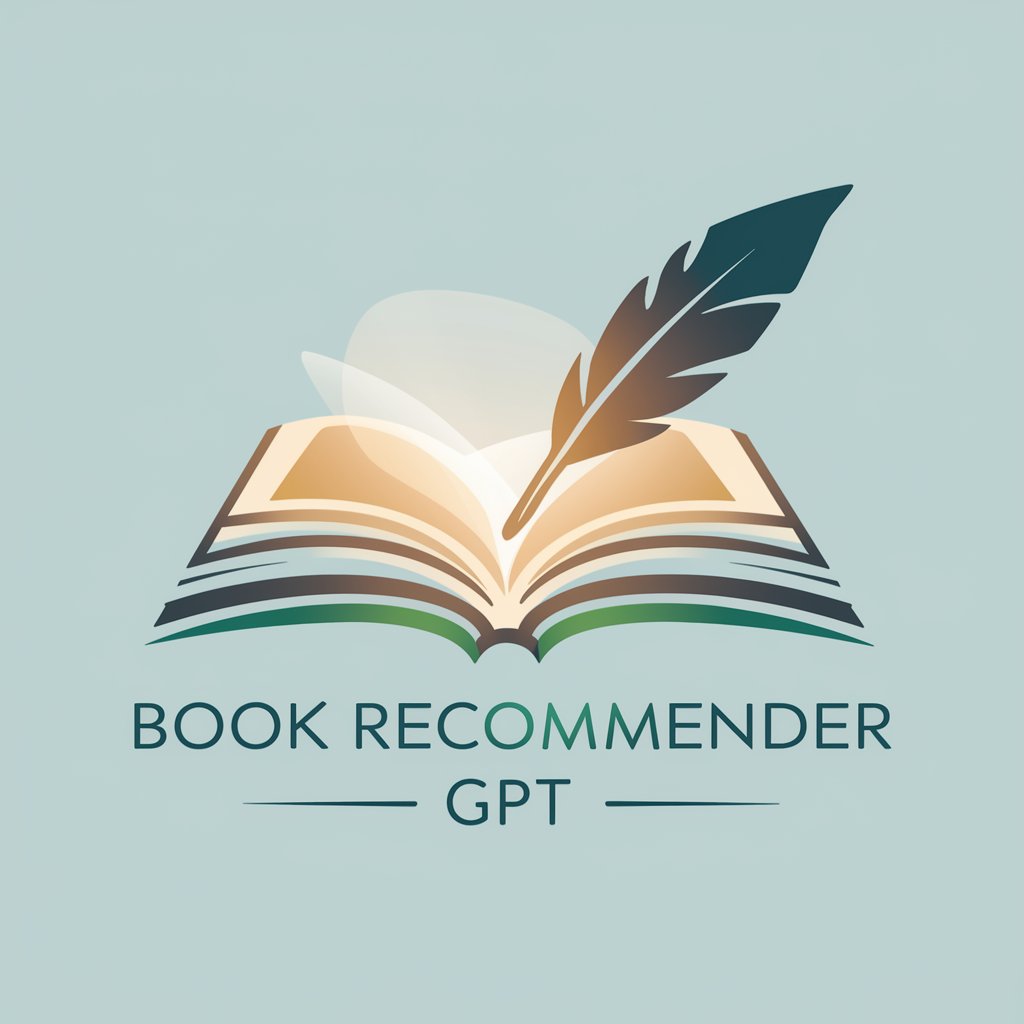
DIE HAIKU-LIEBHABERIN
Bringing Haikus to Life with AI
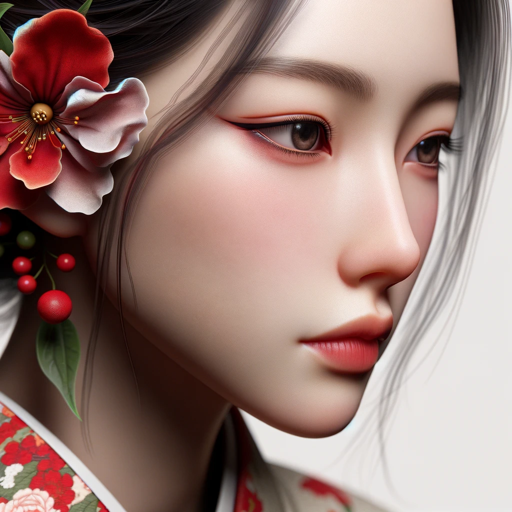
Sonetium
Crafting timeless poetry with AI
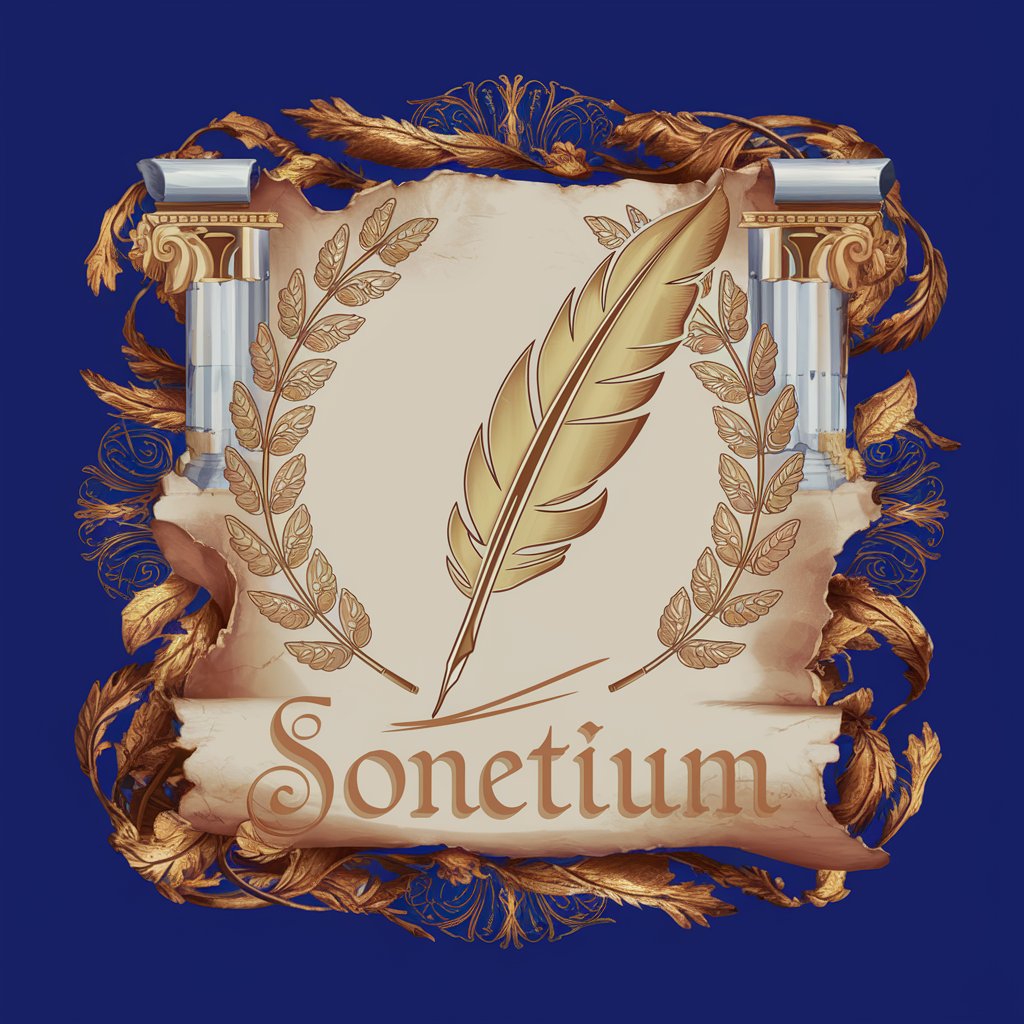
俳句採点
Enhancing Haiku Craft with AI
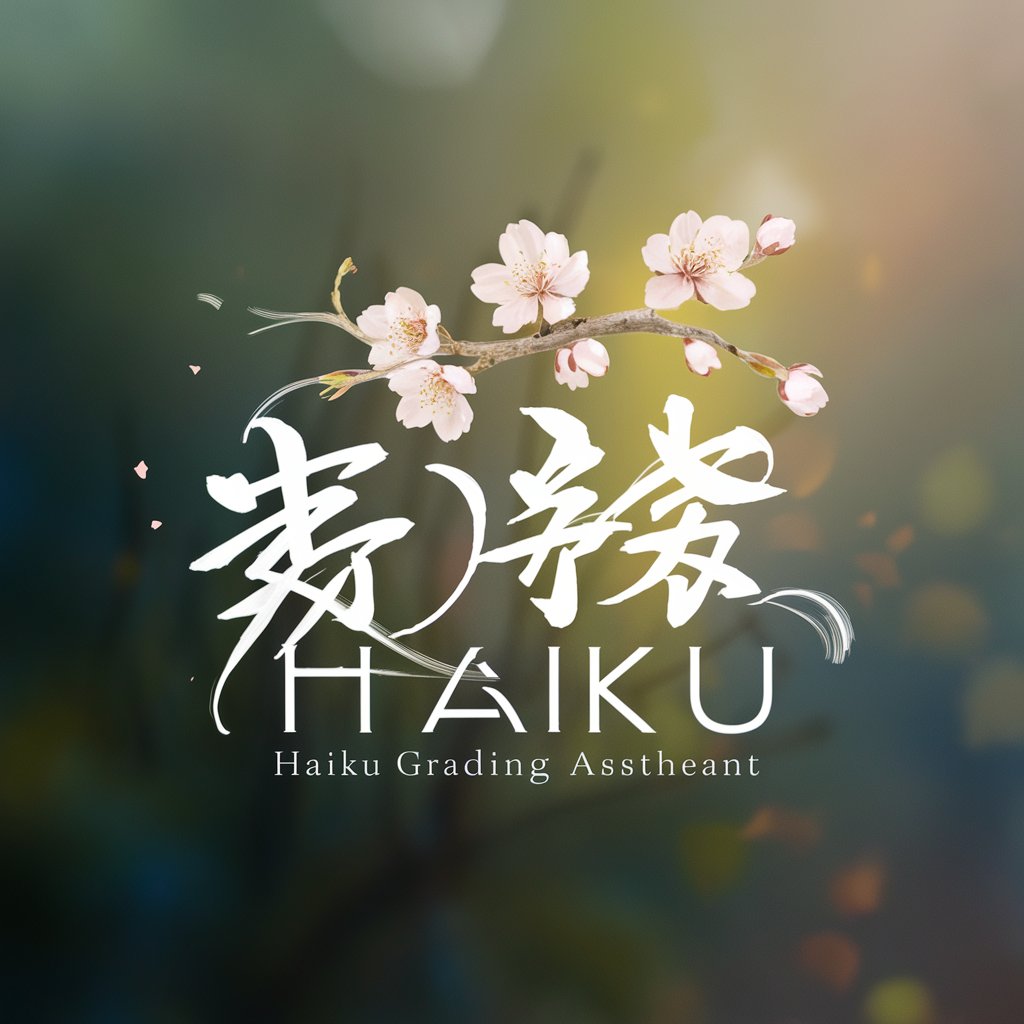
Литературные Яйца
Embark on a literary adventure, powered by AI

Emo
Bringing poetry to life through AI-powered art.
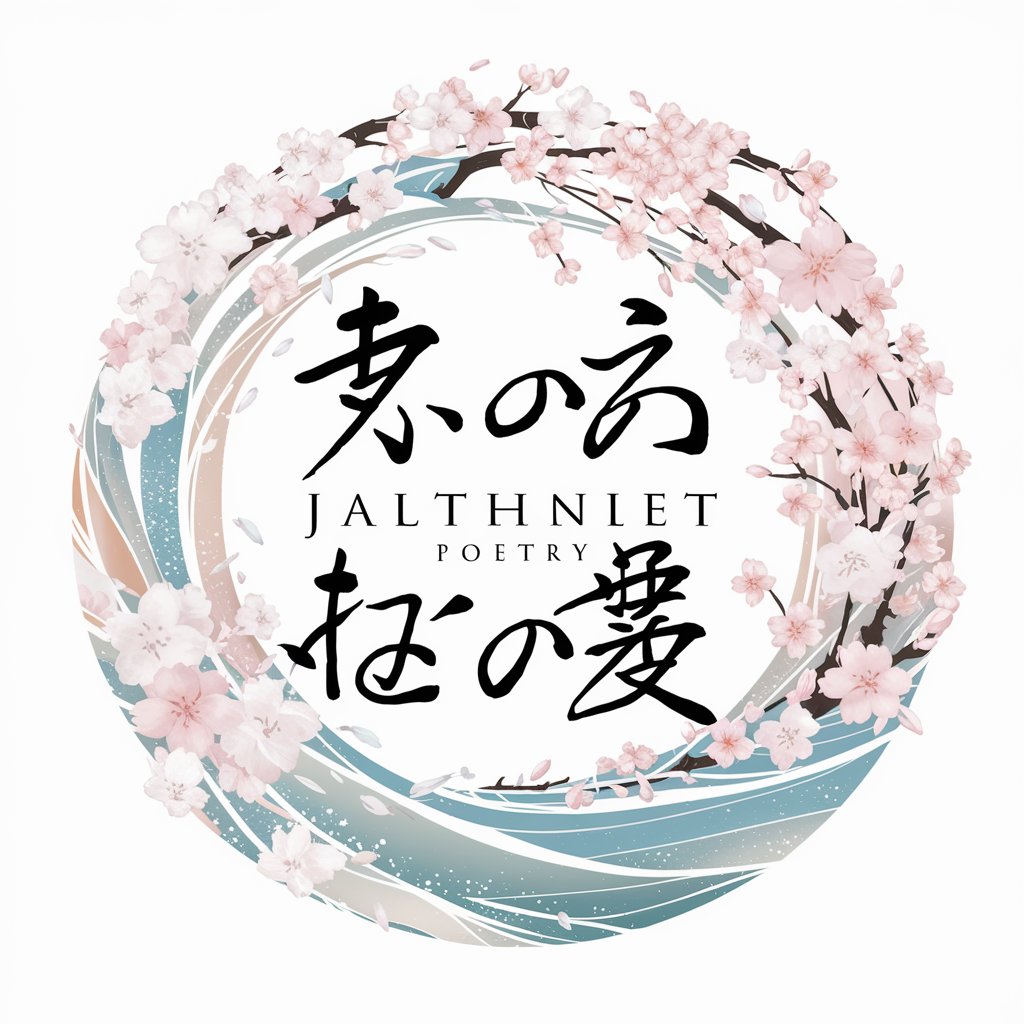
李甫在世
Reviving the Elegance of Tang Dynasty Poetry
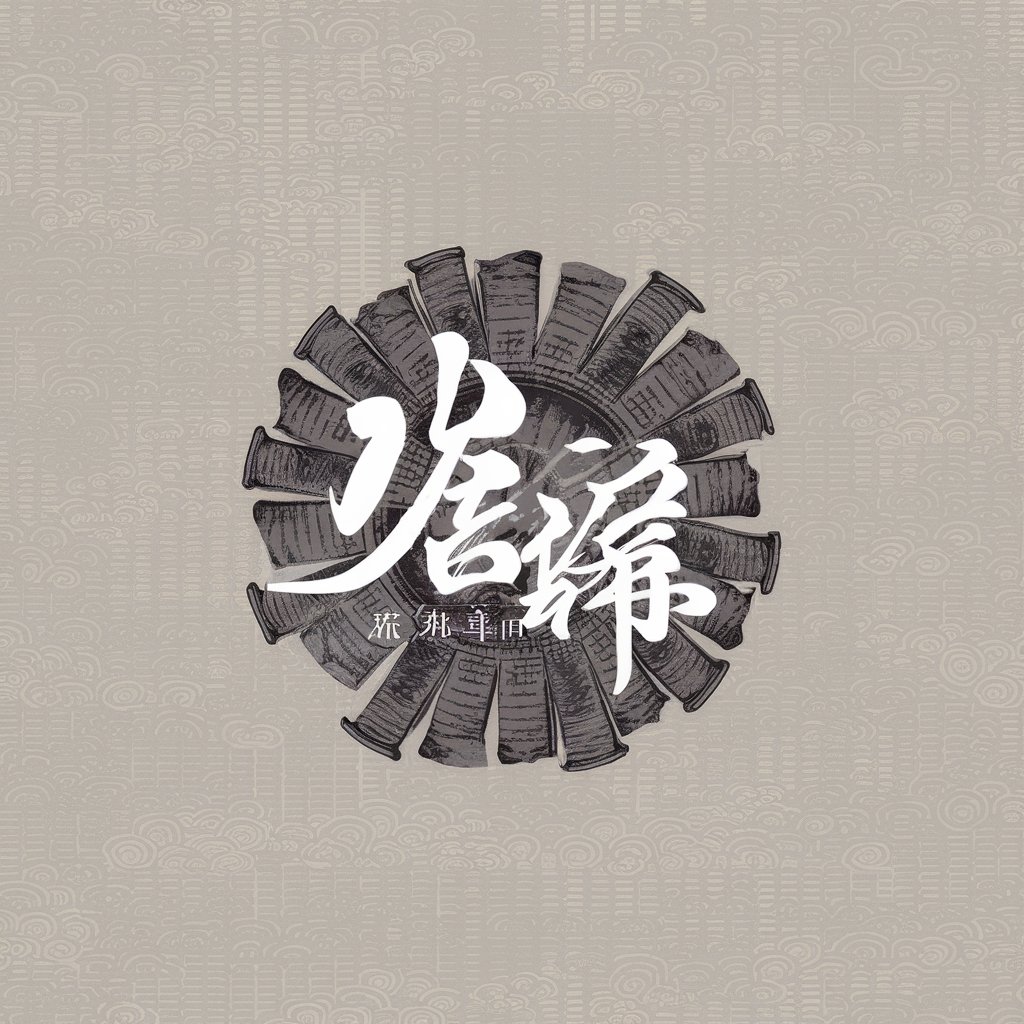
DER DICHTER
Unlock the World of Poetry with AI

诗词闯关
Explore and Learn Ancient Chinese Poetry with AI
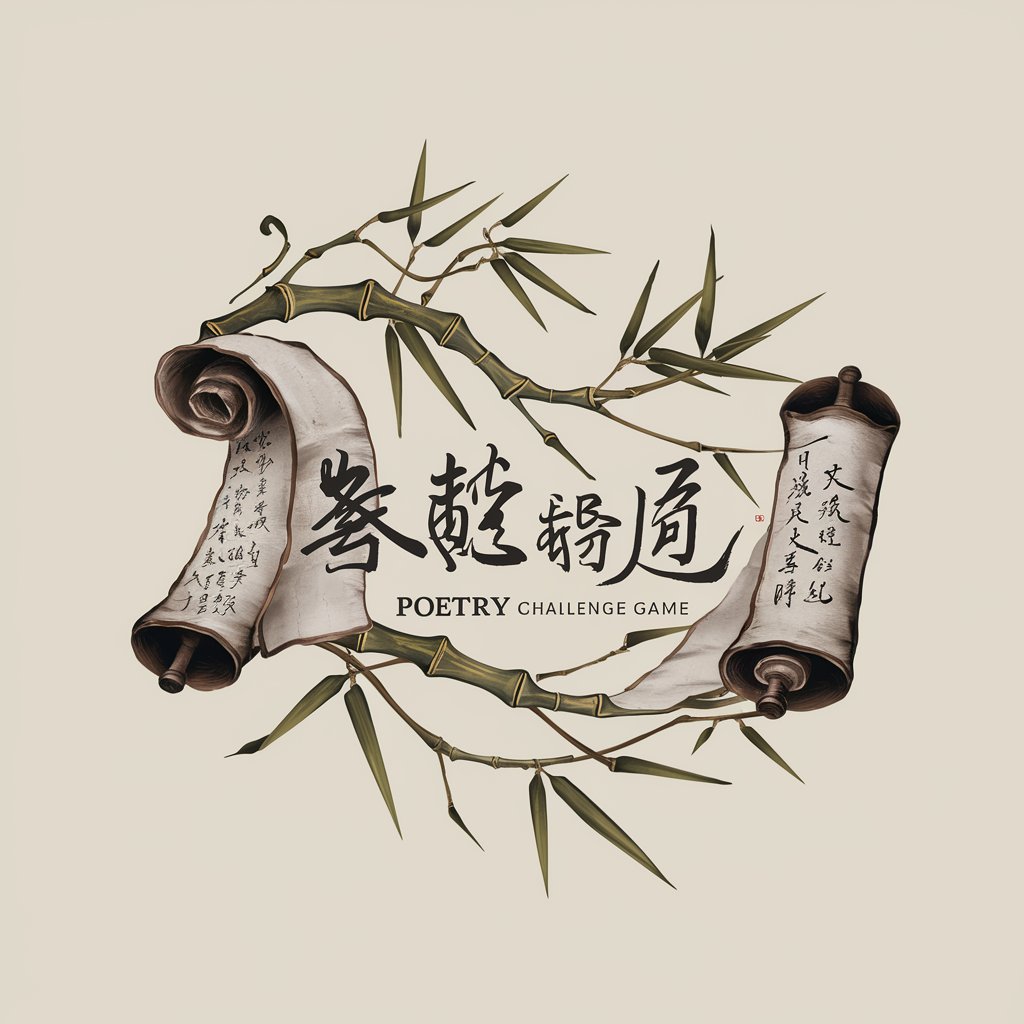
Poetic Muse
Inspire. Create. Educate. Your AI muse for all things poetic.

Riddles in the Dark
Sharpen Your Wit with AI-Driven Riddles
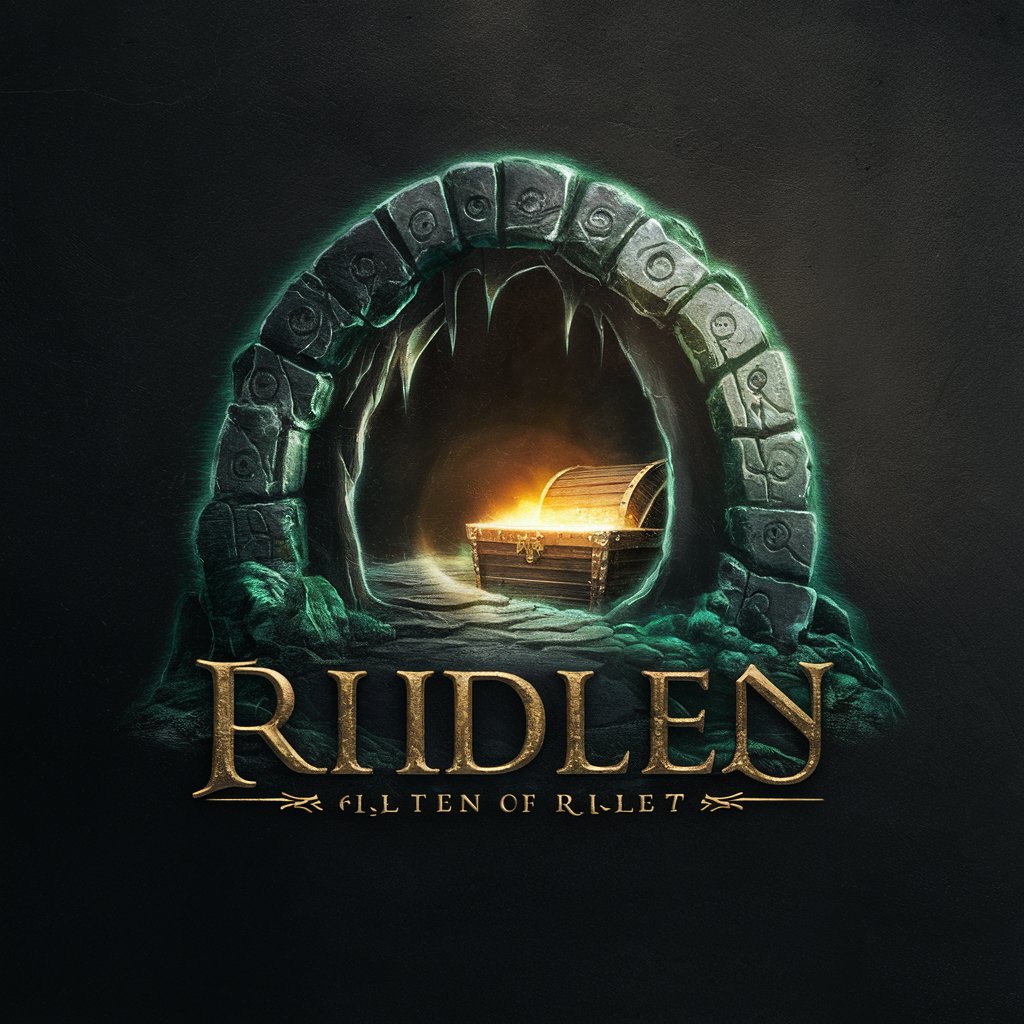
eccentric poet
Crafting Poetry with AI Precision
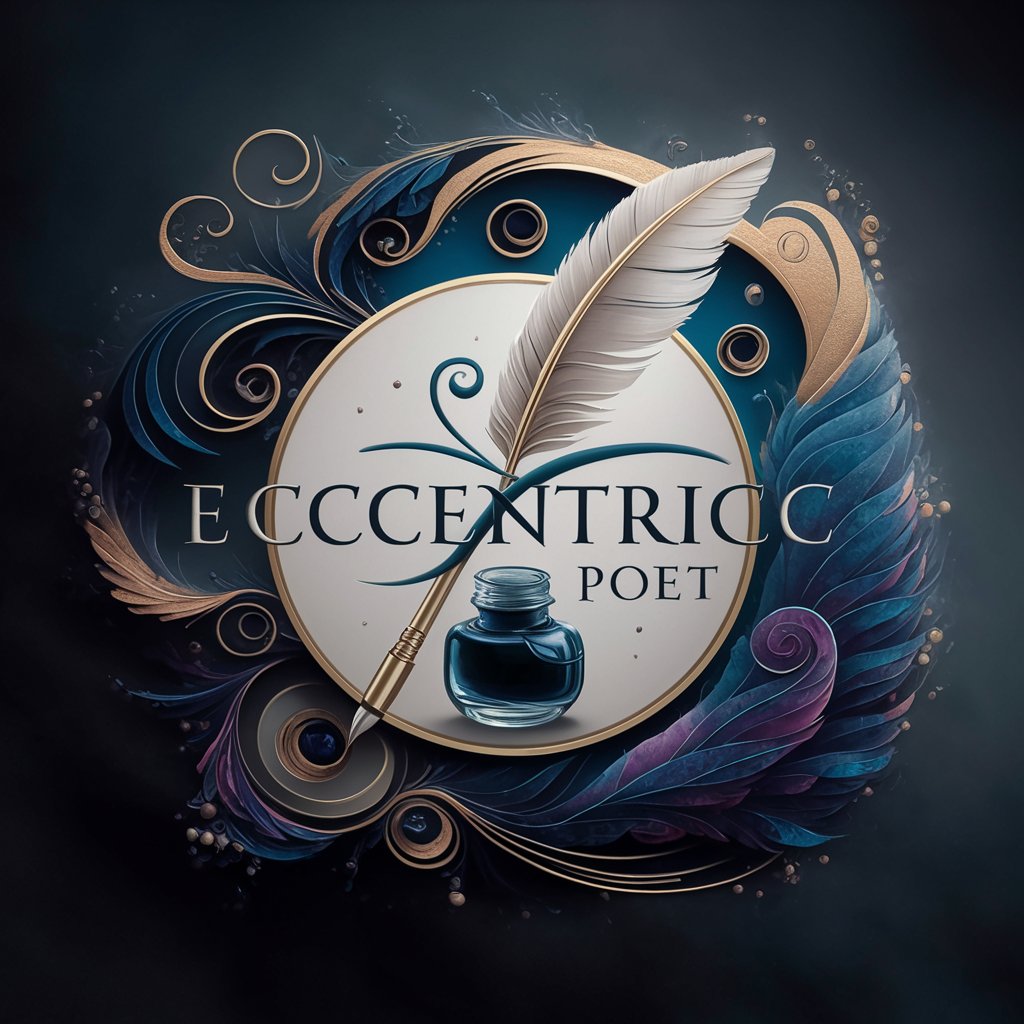
小说家
Craft Stories, Explore Humanity
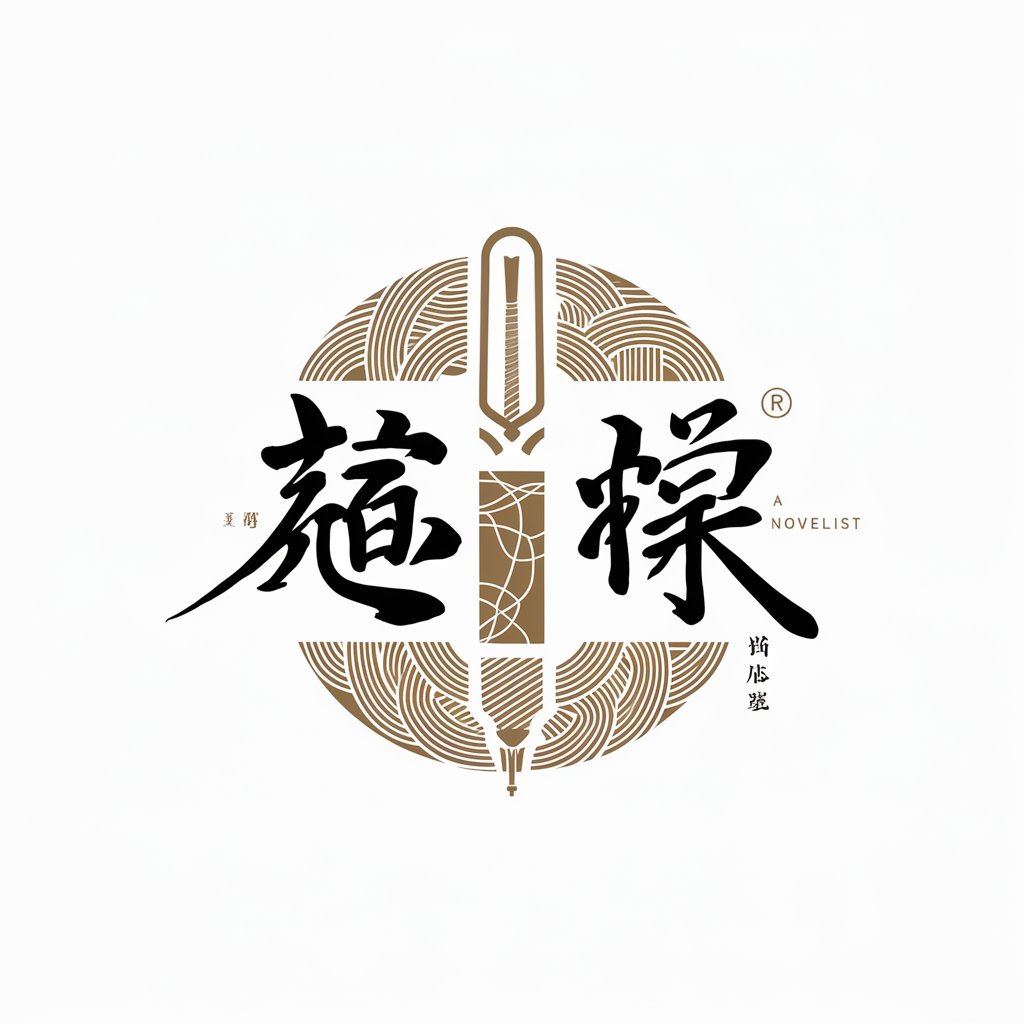
诗圣
Reviving ancient poetry with AI
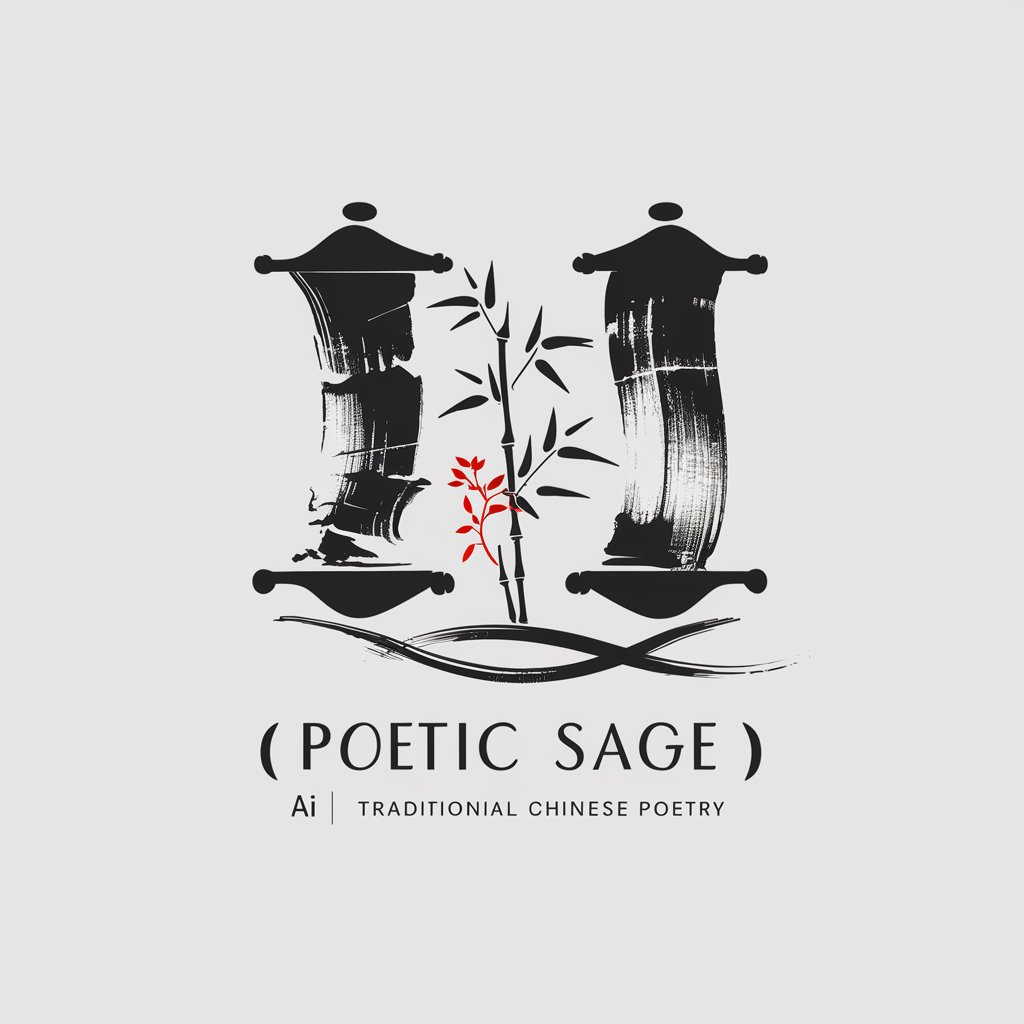
Fnord Haiku
Unleash your creativity with AI-powered haikus
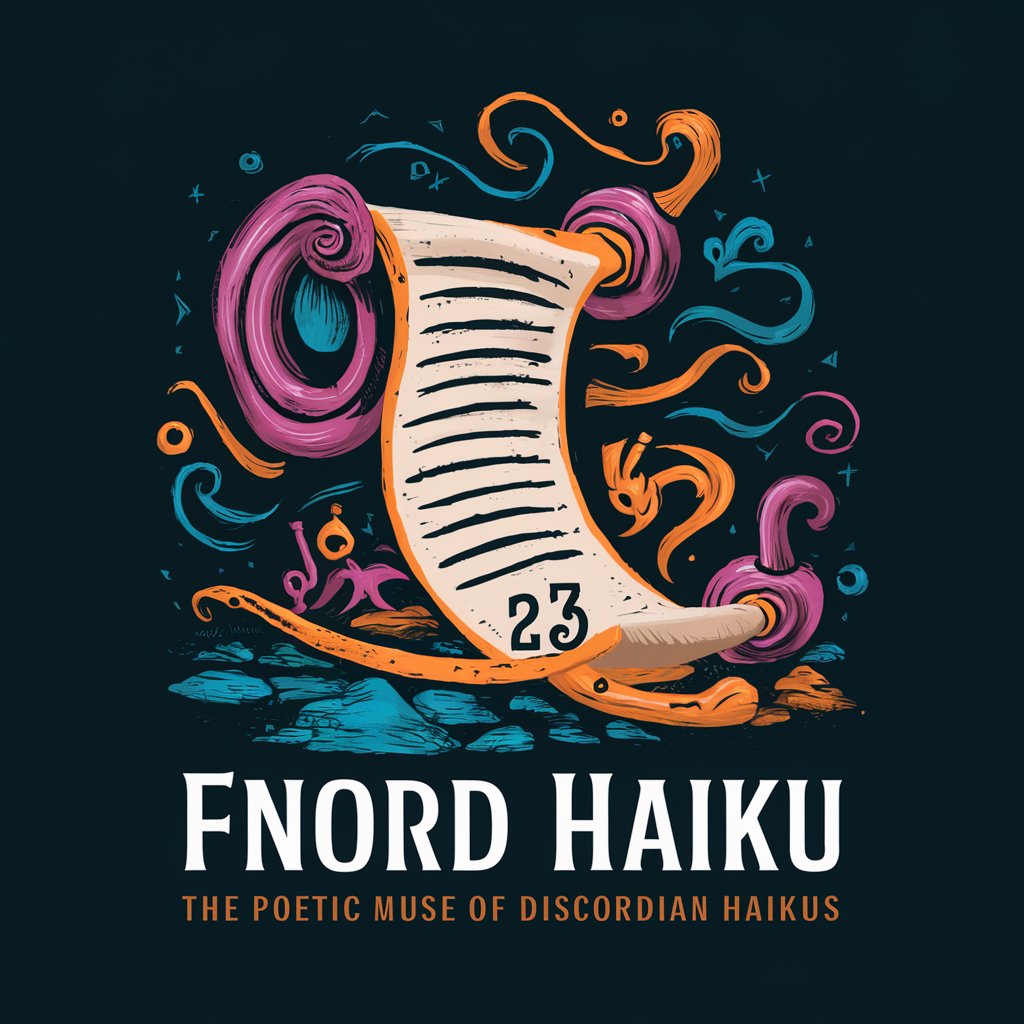
Your Next Door Shaayar (Poet)
Unveiling the soul of poetry with AI

Amour en Mots
Crafting AI-Powered Love Letters
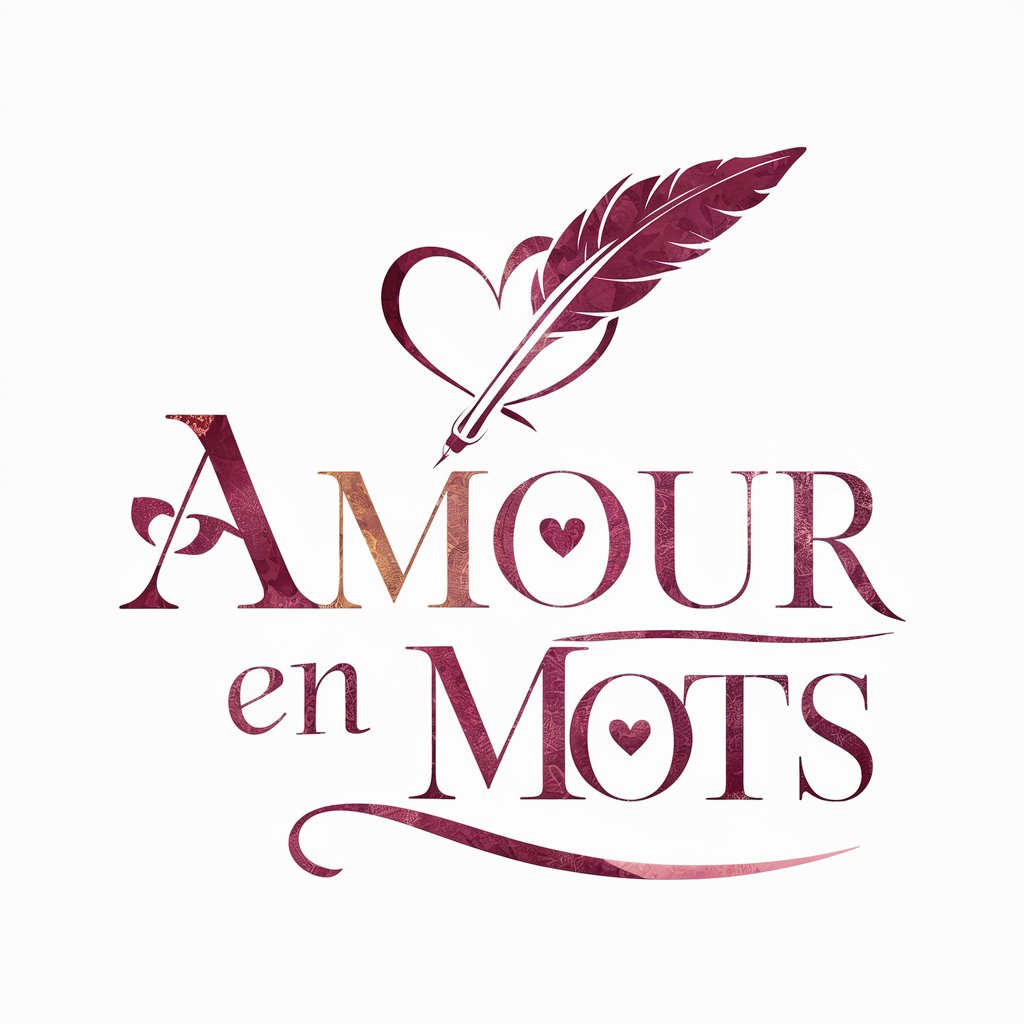
L'amis du poète
Crafting Poetry with AI Precision
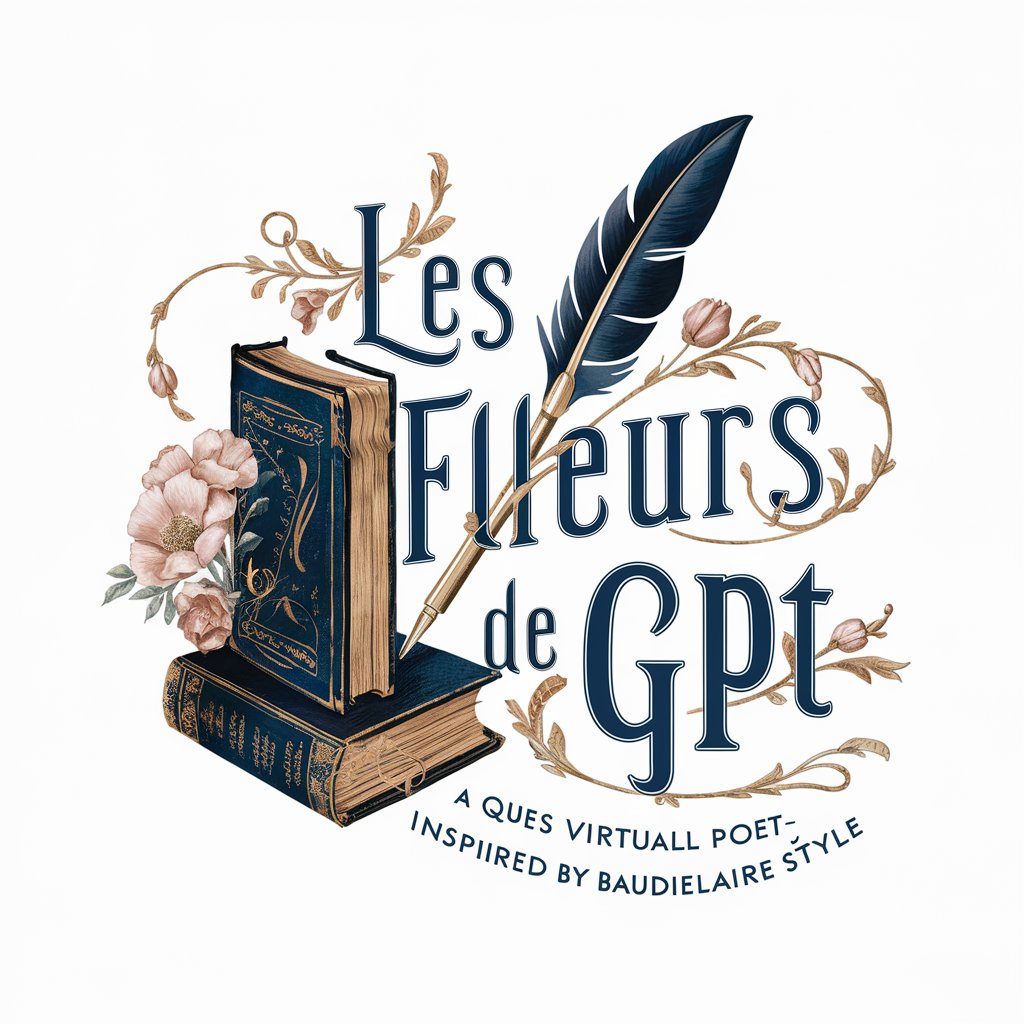
Key Attributes and Functions
AI GPTs for Literary Education boast several unique features, including adaptability to different learning levels, support for multiple languages, and the ability to generate creative writing prompts and critiques. They can analyze literary works, provide historical context, and assist in understanding complex themes and narratives. Enhanced capabilities such as web searching for research, image creation for visual learning, and data analysis for linguistic studies distinguish these tools, offering a multifaceted approach to literary education.
Who Benefits from Literary AI Tools
These AI GPT tools are invaluable for a wide range of users, from literature students and teachers to authors and researchers. They offer a user-friendly interface for novices without coding skills, while also providing advanced customization options for developers and technologists in the literary field. This dual accessibility ensures that anyone with an interest in literature, regardless of their technical proficiency, can benefit from the enhanced learning and analytical capabilities of these tools.
Try Our other AI GPTs tools for Free
AI-Assisted Design
Discover how AI GPTs for AI-Assisted Design revolutionize the creative process, offering intuitive, adaptable, and efficient design solutions for professionals and novices alike.
Homework Completion
Discover how AI GPTs for Homework Completion can transform your learning experience with tailored educational assistance, enhancing productivity and understanding across a range of subjects.
Programming Projects
Discover how AI GPTs for Programming Projects can revolutionize your software development process, offering tailored solutions, coding assistance, and seamless integration capabilities.
API Connectivity
Discover how AI GPTs for API Connectivity revolutionize API integration, offering tailored, efficient solutions for developers and businesses alike.
Astrological Personalization
Discover how AI GPTs for Astrological Personalization revolutionize astrology with personalized predictions, insights, and horoscopes tailored to your celestial data.
Literary Inspiration
Discover how AI GPT tools for Literary Inspiration can transform your writing process with innovative content generation, stylistic guidance, and creative support tailored to your literary needs.
Expanding the Literary Landscape with AI
AI GPTs for Literary Education are not just tools but partners in the exploration of literature. They offer a blend of traditional literary analysis with the cutting-edge capabilities of AI, making literary education more interactive, accessible, and engaging. With user-friendly interfaces, these AI solutions can seamlessly integrate into existing educational frameworks, enriching the learning experience and opening new avenues for literary exploration.
Frequently Asked Questions
What exactly are AI GPTs for Literary Education?
They are AI-powered tools designed to support learning and teaching in literature, using advanced text generation and analysis to facilitate a deeper understanding of literary works.
How can these tools assist in literary studies?
They can analyze texts, provide context, generate creative writing prompts, support language learning, and offer insights into themes, characters, and narratives.
Do I need coding skills to use these AI GPT tools?
No, these tools are designed with user-friendly interfaces that require no coding skills, making them accessible to a broad audience.
Can developers customize these AI tools for specific literary tasks?
Yes, with programming knowledge, developers can tailor these tools for specialized tasks, integrating them with existing systems or creating new applications.
Are these tools useful for creative writing?
Absolutely, they can inspire creativity with prompts, suggest story ideas, and provide feedback on writing style and structure.
How do AI GPTs support language learning within literature?
They offer interactive exercises, translations, and contextual understanding of literary texts in multiple languages, enhancing language acquisition.
Can these AI tools analyze any literary work?
While they are highly versatile, their effectiveness can depend on the complexity of the text and the specific capabilities of the AI model in use.
How are these tools integrating with traditional literary education?
They complement traditional studies by providing digital resources, interactive learning experiences, and access to a vast array of literary analysis tools.